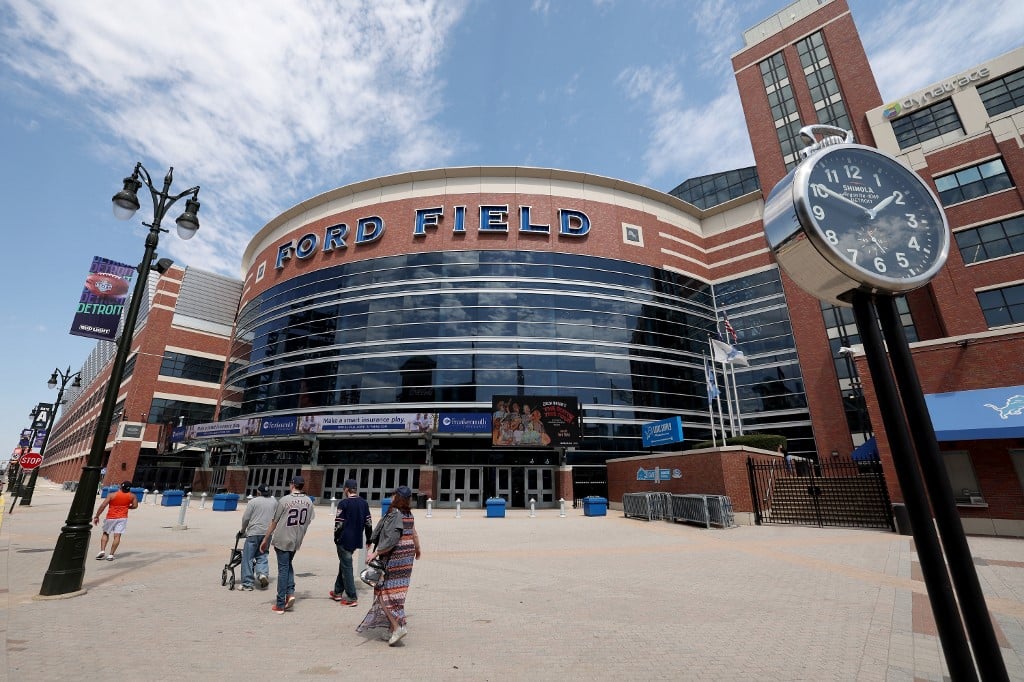
The National Council of Legislators from Gaming States (NCLGS) has crafted model legislation for states seeking to bring iGaming to their citizens. While most states have embraced mobile sports betting, legislators in all but seven states have rebuffed online casino gaming.
Strategic Initiative
Sports betting has been an easy sell to legislators and their constituencies. It’s been around for a long time, and most people were very familiar with it even before PASPA was overturned in 2018, paving the way for regulated mobile sports betting in the United States.
Currently, 30 states, plus Washington, DC, and Puerto Rico, offer mobile sports betting, while eight others offer only retail sportsbooks. That means 38 of our 50 states have sports betting in one form or another just six years after the US Supreme Court’s landmark ruling. States have been quick to adopt it because the revenue it produces is too hard to resist.
Yet, such is not the case with online casino gambling, despite its revenues towering above mobile sports betting. Being able to make a bet on a game is one thing, but 24-hour access to a casino in the palm of one’s hand is a bridge too far for many legislators who are primarily concerned about addiction and cannibalization of the brick-and-mortar casinos that have invested in their states and pay substantial taxes.
However, the NCLGS wants to allay those fears and has unveiled ahead of its winter meetings in December what is called its model internet gaming legislation. It is fashioned after legislation that has been effective in active iGaming jurisdictions and would assist legislators in non-iGaming states to effectuate its acceptance and ultimately its legalization.
“The objectives of this model legislation are to establish an effective, comprehensive, and efficient regulatory framework consistent with public policy that will foster public confidence and trust in the integrity of the regulatory process and the fairness of internet gaming operations,” the NCLGS said in the draft. “The regulatory provisions are intended to extend strict regulation and oversight over all aspects of internet gaming operations.”
Cannibalization Debunked
A committee comprised of NCLGS founder Steve Geller, NCLGS President Shawn Fluharty, and legislators from Michigan, Pennsylvania, and Massachusetts were responsible for creating the model legislation. Attorneys from Bose McKinney, Taft Law Firm, and Cooper Levenson were also asked for contributions, while consultants from the Spectrum Gaming Group and members of the Massachusetts Council on Gaming and Health also provided input on the model.
The major concerns from legislators reluctant to pass iGaming legislation concern addiction and cannibalization, as previously stated. But earlier this year, David Rebuck, former director of the New Jersey Division of Gaming Enforcement, flatly denied the concerns regarding land-based casinos being adversely impacted.
“When you hear the fear-mongering of cannibalization and loss of jobs from internet gaming, I have 12 years of data in New Jersey showing that isn’t true. Online gaming doesn’t cannibalize brick-and-mortar casinos, and it doesn’t hurt casino jobs,” Rebuck said.
Two authorities from iGaming states in Pennsylvania and Delaware, Lee Copello, iGaming compliance manager at the Pennsylvania Gaming Control Board, and Helene Keeley, director at the Delaware Lottery, also argued there has been no compelling evidence to prove iGaming cannibalizes revenue or jobs from the retail casinos.
“Your younger generation is more engaged with the online side. They also visit your land-based casinos when the entertainment options are available there,” Copello said. “So, I think if you continue to differentiate those two, I think it’s two different experiences you’re getting. And just off the data we’ve had for the past five years, with iGaming running current with land-based operations, we have not seen that cannibalization.”






